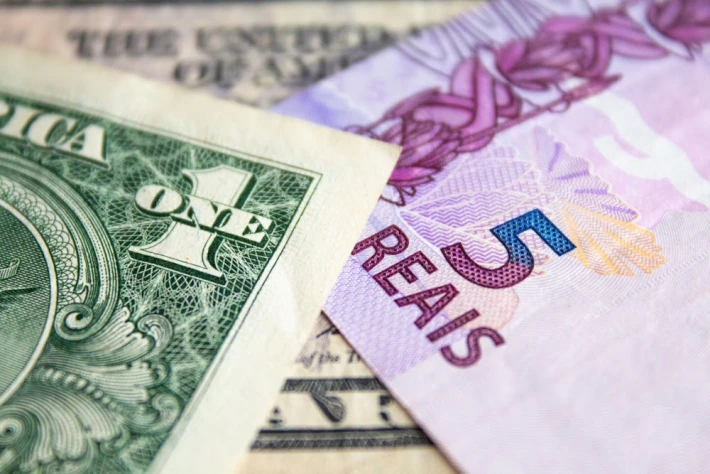RIO DE JANEIRO, BRAZIL – On a day of domestic and external concerns, the dollar oscillated considerably but closed at a slight high on Wednesday, June 8. The Stock Exchange fell again and reached the lowest level in three weeks.
The commercial dollar closed the day sold at R$ 4.89, up R$0.016 (+0.33%). The rate fell during the morning, reaching R$4.84 at the day’s minimum, around 10:30 AM.
However, the turbulence in the international market weighed, and the currency rose after the opening of North American markets. The currency accumulated a high of 2.88% in June. In 2022, however, it falls 12.3%.

In the stock market, the day was more complicated. The Ibovespa index, from B3, closed at 108,368 points, with a drop of 1.55%. The indicator is at the lowest level since May 19, when it had closed just above 107,000 points.
UNSTABLE MARKET
Two factors contributed to the instability in the financial market. The first involves the repercussions of the proposal of amendment to the Constitution (PEC) that intends to zero the Tax on Circulation of Goods and Services (ICMS) on fuels until the end of the year and reimburse the states.
On June 7, the president of the Senate, Rodrigo Pacheco, confirmed the intention to vote next Monday, June 13, on the bill that establishes a ceiling for ICMS on fuel and energy, which is part of the package to lower fuel prices.
In the international market, concerns about inflation in the United States weighed again. The world’s largest economy has been facing the most significant price rise in the last 40 years.
On June 8, U.S. stock markets fell, and U.S. Treasury bond rates rose. Higher interest rates in advanced economies stimulate capital flight from emerging countries like Brazil.
With information from Reuters

